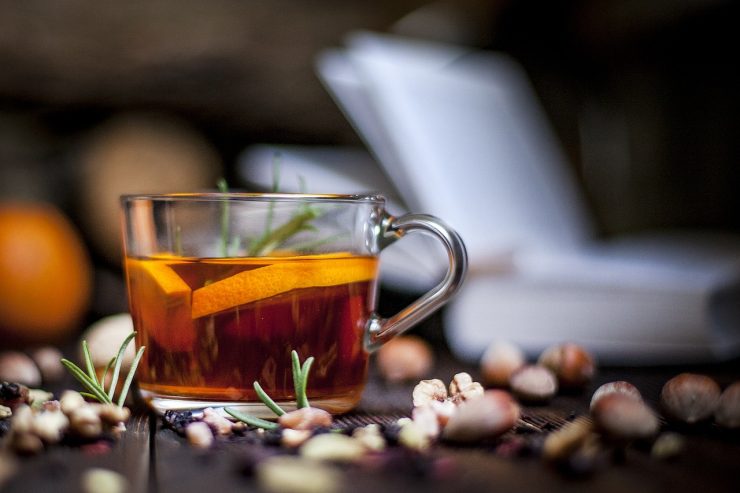Tea lovers around the world celebrate the rich flavors and varied health benefits of different teas. Among the many types available, matcha and yerba mate stand out for their unique properties and cultural significance. This article delves into the differences between these two teas, examining their origins, preparation methods, flavor profiles, and health benefits, concluding with an analysis of which might be the healthier choice.
Origins and Cultural Significance
Matcha is a finely ground powder made from specially grown and processed green tea leaves and is a staple in Japanese culture. It originated in China during the Tang dynasty but became an integral part of Japanese tea ceremonies by the 12th century, reflecting the Zen philosophy.
Yerba Mate, on the other hand, is made from the leaves of the Ilex paraguariensis plant, native to South America, particularly Argentina, Brazil, Paraguay, and Uruguay. It is traditionally consumed from a container called a “gourd” and sipped through a metal straw that filters out the leaf fragments. Yerba mate has been a social beverage, with its consumption rooted in communal rituals among indigenous groups.
Preparation and Flavor
Matcha preparation is a form of art. The leaves are shade-grown to increase chlorophyll levels and amino acids before being finely ground. During preparation, matcha powder is whisked with hot water until frothy, creating a beverage that is rich, creamy, and slightly sweet or umami in flavor.
Yerba Mate is less complex to prepare. The dried, chopped leaves are steeped in hot water (not boiling, to avoid bitterness). The flavor of yerba mate can be strong and herbal, sometimes described as an acquired taste, with a robust earthiness and a slightly bitter finish.
Nutritional Content and Health Benefits
Matcha is renowned for its high concentration of antioxidants, particularly catechins like EGCG (epigallocatechin gallate), which offer anti-inflammatory, antimicrobial, and possibly anticancer properties. Matcha also contains L-theanine, an amino acid that can enhance calm and focus, making it popular among those seeking a boost in mental clarity without the jitters often associated with coffee.
Yerba Mate boasts its own impressive nutritional profile. It contains xanthines like caffeine and theobromine, which are stimulants known to enhance energy, mood, and focus. Yerba mate also provides antioxidants such as polyphenols and saponins, which have anti-inflammatory and cholesterol-lowering effects.
Which One Is Healthier?
Determining which tea is healthier depends on individual health goals and preferences. Matcha might be more suitable for those looking for high levels of antioxidants, particularly EGCG, and a calming mental effect due to its L-theanine content. It is also excellent for those who prefer a smoother, more soothing flavor profile.
Yerba Mate could be the better option for those seeking a metabolic boost as it not only contains caffeine but also has theobromine, which offers a unique, mild stimulant effect without the harshness of pure caffeine. It might also appeal to those looking for a robust, energizing drink that can replace coffee.
Ultimately, both teas offer significant health benefits, and the choice between them might boil down to flavor preference and desired effects. For maximum health benefits, it is recommended to consume these teas as part of a balanced diet and a healthy lifestyle.
Never drink this type of dangerous tea:
The latest studies show there is a certain type of tea that actually makes you gain weight!
Can you guess which one it is?
Black Tea
Green Tea
Matcha Tea
Chamomile Tea
When you have your answer, click here to see if you guessed correctly.
The answer may surprise you!











